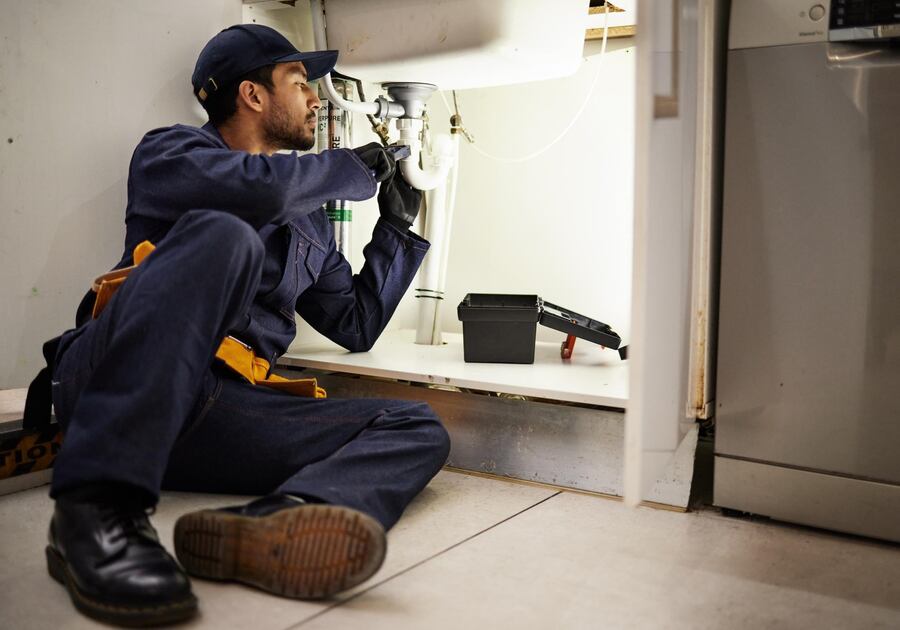Call This Monday to Get $50 OFF
Call us today
214-943-2424

Clogged drains are more than just a minor inconvenience; they can lead to serious and costly plumbing issues if left unaddressed. From unpleasant odors to potential water damage and expensive repairs, the consequences of clogged pipes can escalate quickly.
Fortunately, there are several proactive measures you can take to prevent clogs from taking hold in both drain lines and water lines. In this brief article brought to you by Texas Rooter, we share some preventative strategies to maintain a healthy plumbing system and avoid the headaches associated with blockages.
If you’d like to hire a uniformed plumber, then call Texas Rooter for affordable and reliable plumbing service. We are a full-service plumbing company serving homeowners and businesses alike.
One of the most effective ways to prevent clogs is through regular maintenance like drain cleaning. Regularly flushing your drains with hot water can help dissolve grease and other residues, and a mixture of baking soda followed by equal parts vinegar in the drains can help break down organic material and clean the pipes.
For water lines, remember to flush the water heater once or twice a year. Over time, sediment can build up in your water lines, especially if you have hard water. Also, make sure your water pressure is within a safe range of 40 to 60 psi. High pressure can cause wear and tear on pipes, leading to potential blockages.
What goes down should not come back up, but you can expect some backups if you’re tossing anything and everything down the drains. Adopting proper disposal practices can prevent many common blockages.
Water filtration systems can remove excess minerals and sediment from the water supply, reducing the risk of blockages in the water line. Power-flush toilets use a combination of water and air pressure to create a powerful flush, ensuring waste is cleared more thoroughly.
There are many plumbing fixtures and devices that can protect your property from the ever-looming threat of clogged drains and water lines. Consult with a trained plumber to review some options.
Plumbing repair service is a job best left to trained and uniformed professionals with a track-record of great plumbing service and exceptional customer service. Whether you need an urgent clogged drain line repair or a water filtration system installed, the seasoned plumbers at Texas Rooter are ready, willing, and able to help. We are proud to serve both homeowners and businesses alike.
We all know that extremely cold weather can lead to frozen and burst pipes.…
Read MoreHave you ever walked into your basement after a heavy rain and found water everywhere?…
Read MoreHave you ever been startled by a strange noise coming from your water heater? Those…
Read MoreWater isn't always as pure as it seems. Contaminants—from harmless minerals to potentially harmful chemicals—can…
Read MoreImagine you’re hosting a backyard barbecue in sunny Texas when you…
Read More